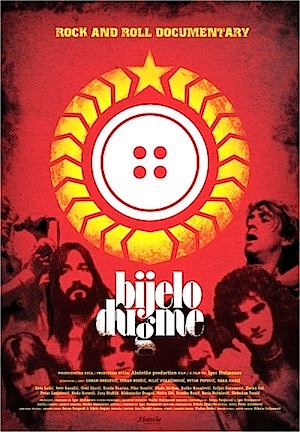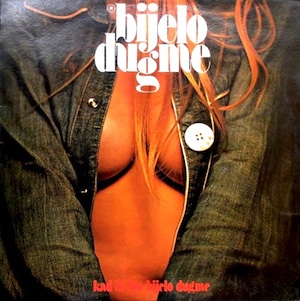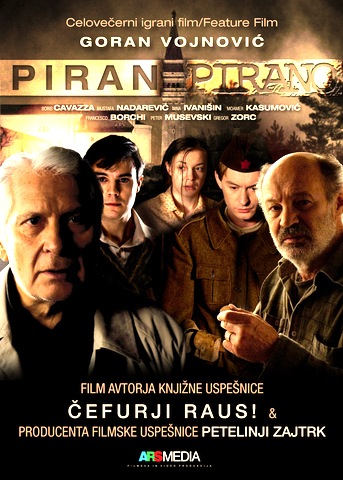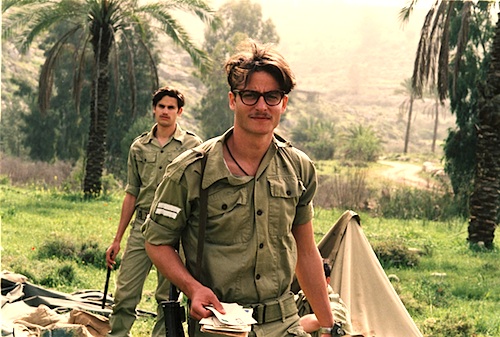By Joe Bendel. They were much like Yugoslavia’s version of Czechoslovakia’s Plastic People of the Universe, except they had a much easier time of it with the Tito regime. They only faced a few drug busts, which they do not claim to be altogether unwarranted. Indeed, the hard rock band was a unifying force for the youth culture, but attempts by various nationalities to claim them as their own contributed to the band’s eventual break-up. The rise, fall, and multiple reinventions of the Yugoslav hard-rock band Bijelo Dugme is chronicled in Igor Stoimenov’s documentary, White Button, the closing film of the 2011 Bosnian-Herzegovinian Film Festival.

Musically, White Button (who adopted the “Bijelo Dugme” moniker essentially to prove names don’t matter in rock) is probably best compared to Led Zeppelin. Both bands represented the early cusp of Heavy Metal, but were still very much in touch with the blues and R&B roots of the music. In terms of popularity, they were the Beatles, the Stones, the Bieber kid, and the Grateful Dead, all in one. Their ethnic heritage was mixed, but they all originally came together in Sarajevo.
Evidently, it was good to be a rock-star, even under Tito. Though Stoimenov largely glosses over their relationship with the state, it seems they must have been tolerated as an instrument to keep the Balkan country from Balkanizing. (Also, it would have been the height of hypocrisy for the government to act against Bijelo Dugme at a time when Tito was criticizing the Husek puppet government for cracking down in Czechoslovakia.)
What Bijelo does best is old time rock & roll. The band turned the Yugoslav music scene on its ear in more ways than one. For instance, their graphic designer recalls how they pushed the envelope using sexual imagery to sell records (see exhibit A below).
It is not always a triumphant story, though. Like any legitimate rock band, they lost a drummer to drugs and personal demons along the way. They also took an ill-conceived detour into the New Wave that the film never shies away from examining in humiliating detail. They would have better luck when Goran Bregocić, the Brian Wilson of the group, looked toward traditional Roma and Macedonian music for inspiration.

Oddly, the film ends exactly when Bijelo Dugme disbands, declining to cover the band members’ experiences during the war. However, the accompanying short, Damir Pirić’s Rock ‘n’ War, fills that gap, but from the perspective of the working rock bands of Tuzla rather than the White Buttoners.
Rock concerts “for peace” are a tiresome cliché here, but when the Tuzla rockers organized them in hopes that cooler heads would prevail in the weeks leading up to war, one has to give them credit for trying. Indeed, there is a lot of dramatic footage in the short (sixteen minute) doc. Hearing one band shred through and utterly re-contextualize Neil Young’s “Keep Rockin’ in the Free World,” is frankly kind of awe-inspiring.
Bijelo is a droll, cleverly assembled Behind the Music film, while R ‘n’ W is raw and poignant. They both rock hard, though, closing this year’s festival on a high note. A sold-out screening, the BHFF appears to be growing nicely, bringing films by and of interest to Bosnians to a wider audience beyond the local expat community. Here’s hoping for a third day next year.
Posted on May 17th, 2011 at 2:37pm.


